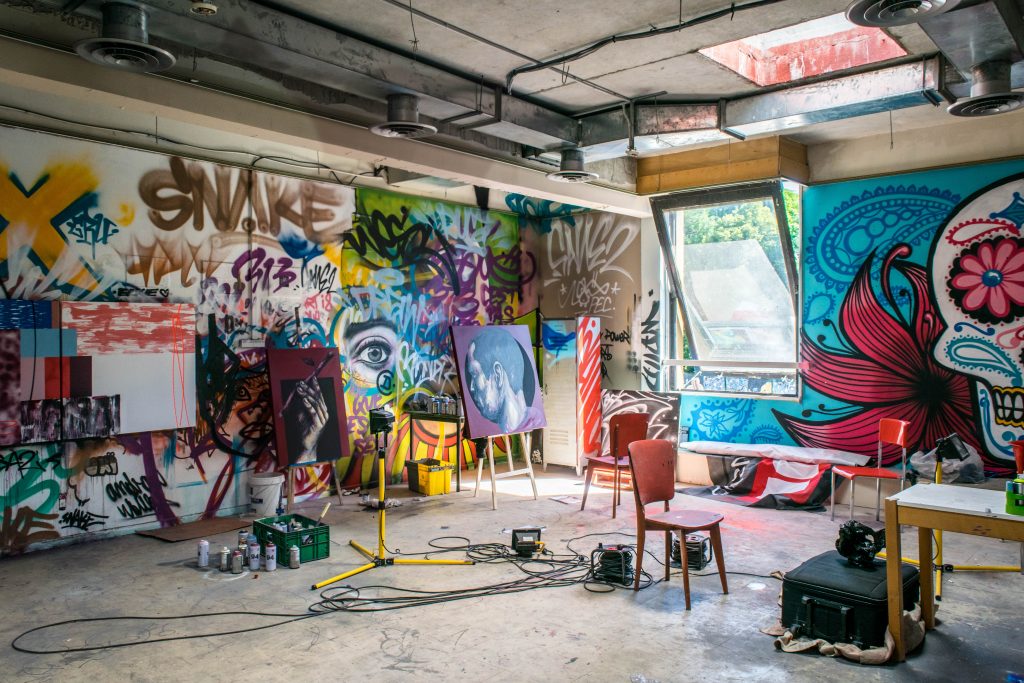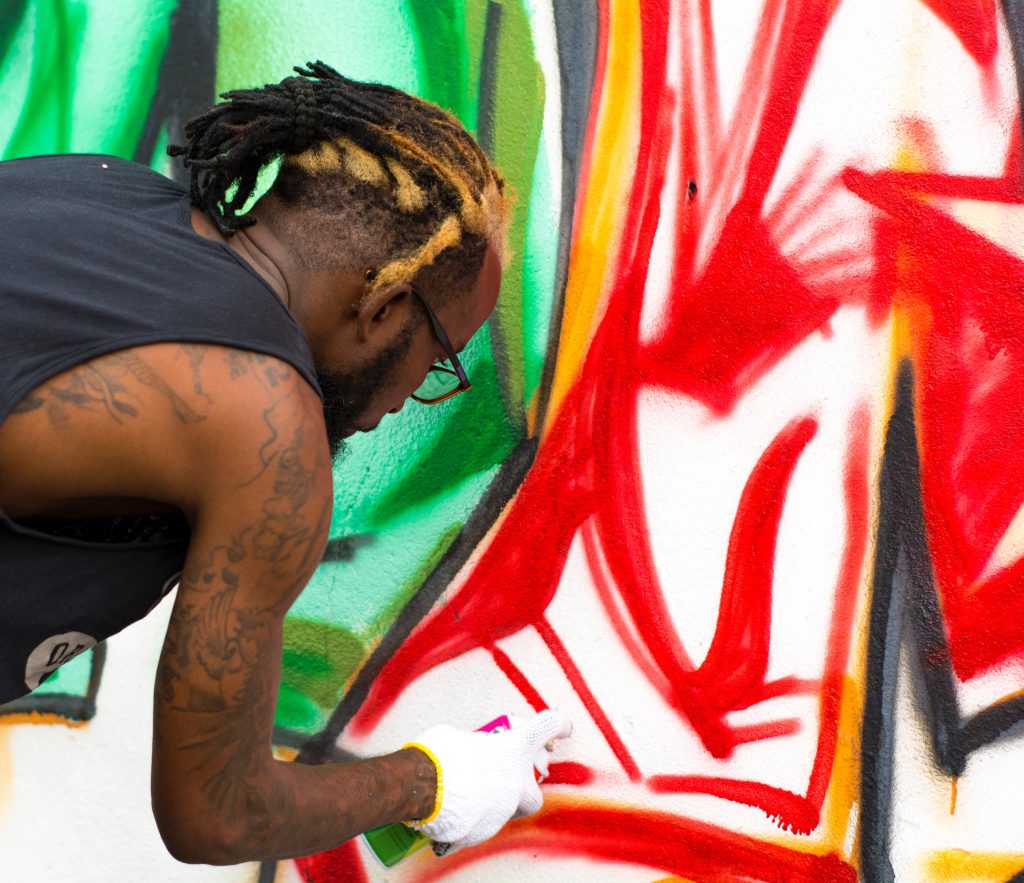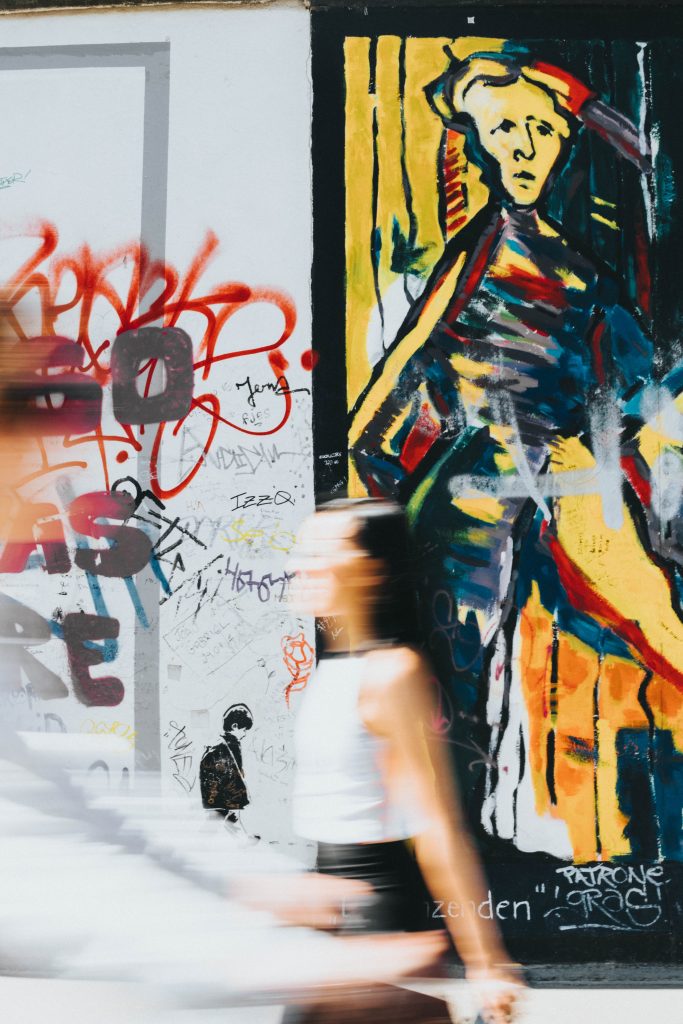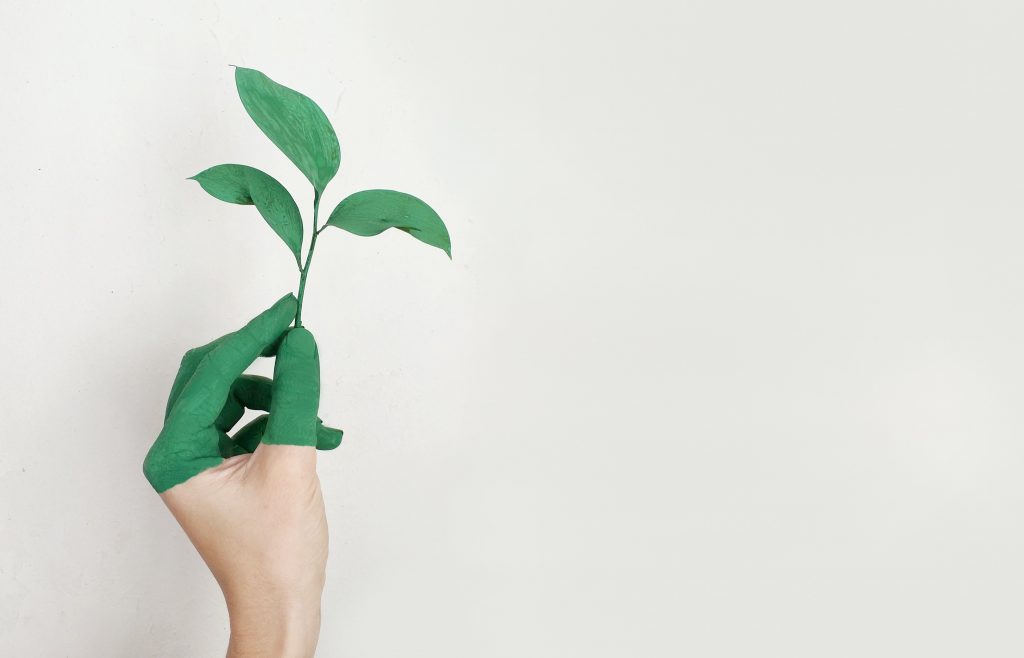Home > God at work in The Arts: God & Mammon in the Creative Industries
God at work: The Arts
God and Mammon in the Creative Industries
By Chris Donald
There’s a constant tension working in the creative industries, a clash of ideologies; but it’s not quite the one that my church tradition often thought. To my mind, it’s the battleground of the “two masters” Jesus mentioned: God and money.
It already exists in the name—the ‘creative industries’, slinging together the fantastic with the mundane: the creativity that all human beings exhibit, as people made in the image of the ultimate Creator; and the demands of industry, the daily challenge of making a living and satisfying consumers. It’s a battle between the lofty ideas of what culture is for, and the need to ‘compete’ with the next big thing on Netflix to draw in the ad revenue.

At the heart of the creative industries are at least three God-given impulses: firstly, to make things, and to take joy in it; secondly, to collaborate, and express who we are in community; thirdly, imagining a better future, searching for glimpses of the Kingdom on Earth and the imago dei in all humanity. All of these things are constantly squeezed out in favour of more ‘bankable’ factors, and yet these are the things that I believe Christians ought to fight for in the industry.

So firstly, the treadmill of the industry can simply suck the joy out of things; the work is precarious, creatives are often underpaid, and a myriad of exploitative tendencies are swept under the rug of ‘doing what you love’. Going on past experience, churches which are largely middle-class would be surprised by the insecurity of a creative profession; and perhaps even more surprised at the seemingly successful creators in the same boat.
Perhaps the church’s awareness has grown in the current climate, but the situation remains; for many freelancers it is only getting worse. It is a constant discouragement, on top of which we doubt ourselves, struggle with self-confidence, and question our own motives. Precarity takes a mental toll. Working for a faith and arts organisation, one of our simplest, but most common refrains is “keep going”. The church could actually be thinking far more imaginatively about the way we ‘value’ the arts; but taking a pastoral approach, and listening to creators’ experiences, is a good start.
Secondly, I believe Christians are called to battle the demands of money for the sake of our collective culture. Culture and community are completely interwoven. Culture is the simple fruit of community—by which I mean, put human beings together and we’ll make stuff, be it art, food, architecture, sport, whatever. But it then, in turn, becomes the starting point for greater community, becoming the thing that we gather around, the thing that spawns conversation and relationship, and everything that makes life more than mere ‘subsistence’: meaningful human connection, spiritual revelation, joy, purpose, compassion. Lofty stuff, I know.
And while the creative industries are a force for change, it’s not in the way people think. Hans Rookmaaker said “Even the best art makes for bad preaching.” Art as polemic tends to put people off. If it’s used aggressively, argumentatively, it’s great at gathering like-minds, but not great at moving hearts. Where art is used empathetically, rehumanizing everyone in the room, it can be transformative. Sure, you can manipulate and monetize that to an extent, but sooner or later you’re just killing it.
The price tag on everything lessens our culture—puts up barriers to community—same as it does if we let fiscal interests take precedence over our healthcare (whoops), or childcare centres (ditto), or housing (hmm). If money is the driving factor in the making of art and culture, then our communal life itself becomes commodified. Money dehumanizes us; exactly the opposite, I believe, of what our cultural creations should be doing. And we should worry about the state of our culture in the same way we worry about the state of our environment: because it affects all of us, and it reflects pretty poorly on us Christians if we are the ones neglecting it.

You may be wondering what that really means for the everyday practitioner. That’s going to differ a lot, and the various strands of the creative industries are, of course, all very different. But I think there’s a unifying principle that we need to be people who don’t kneel and bow to the money, and don’t cheapen our work just to get clicks. Which, again, can be hard going when you’re watching your bank balance month to month. Perhaps the gestures and anti-financial decisions we make will feel pointless or small, but we can offer them to God as a symbol and reality of God’s kingdom poking through the all-pervasive market pressure, and leave the rest to God.

Lastly: growing up, I often heard that the arts are a ‘dark’ place. As a broad sweep, I can’t agree with that; I think it’s a very generous, generative, hopeful place. I think creative types instinctively imagine a better future (even if interpretations of ‘better’ may vary) and are really longing for a more humane, less money-driven, less extractive and exploitative world: the Kingdom of God, we Christians would say. The hope that gives us is, surely, what makes life liveable, and opens our minds to spiritual possibility. So I think the third role for Christians in the creative industries is to fan that specific flame, with very open hearts and an appreciation for the vision of others. As overused as they are, Paul’s words still echo: “Do not conform to the patterns of this world… but be transformed by the renewing of your mind.” Live with imagination; be dissatisfied; reach for what God has called us to be.
We won’t win every battle, within or out-with our minds; we’ll make money decisions sometimes—even Martin Scorsese has his ‘one for them, one for me’ rule. But in the creative industries—in the engine that creates culture and the space for spiritual flourishing—we are called, I believe, to prioritise compassion and human value over money with every chance we can get.

Artist Chris Donald has spent 15 years as a (mostly) freelance designer and musician. He now publishes books, magazines and podcasts with Lab/ora Press and helps to run the faith and arts network, Sputnik, a community of artists and patronage scheme which supports Christian artists working in secular spheres. He lives and works in Birmingham.
Talk to a Mentor
What hit home for you in this article? Would you like to discuss anything in particular?
Just fill in the form below and one of our mentors will get back to you as soon as possible.
Our mentors aren’t counsellors, but they are ordinary people willing to join others on their spiritual journey in a compassionate and respectful manner.